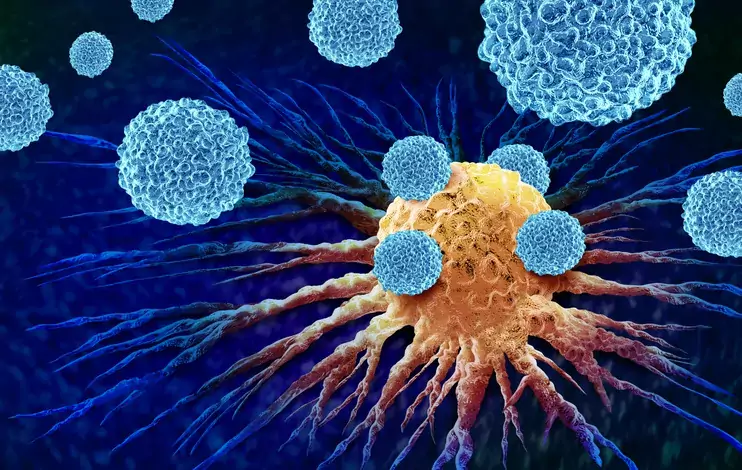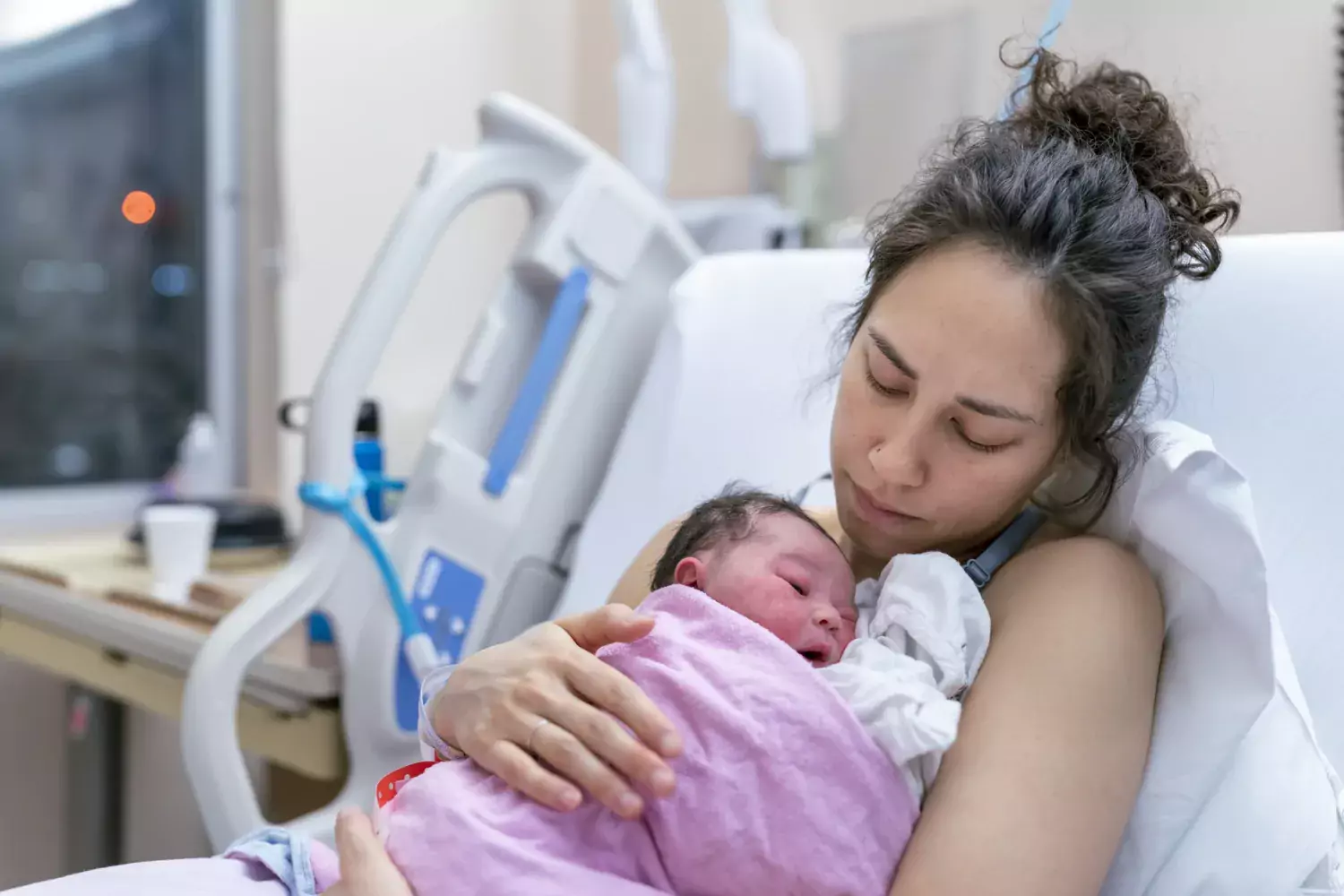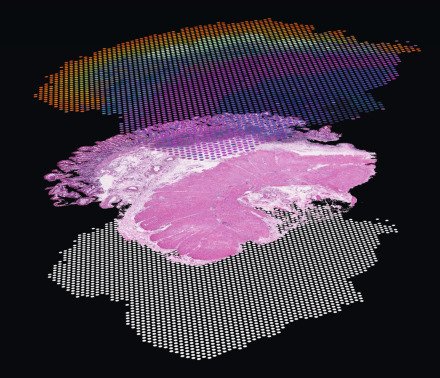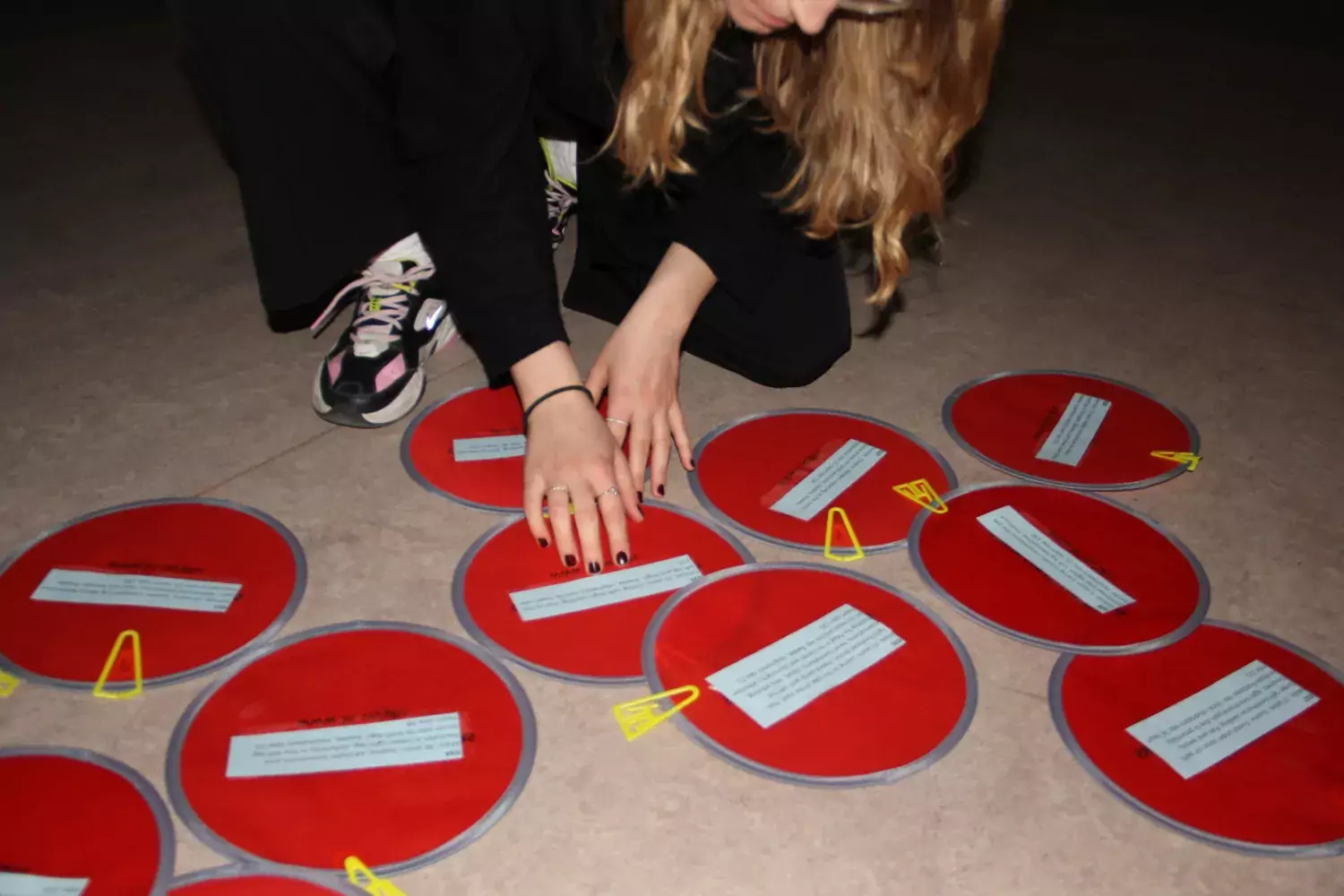Research impact success stories — learn from your colleagues
In these impact stories, researchers at Karolinska Institutet share their experiences and strategies for creating real use and societal benefits from their research. Get inspired and learn from their insights to maximize the effect of your own work! The collection of case studies showcase different types of KI research that have had an impact on our society.
Seven case studies from KI
 Photo: Getty Images,Getty Images/iStockphoto
Photo: Getty Images,Getty Images/iStockphotoMaking cervical cancer disappear
Data from KI researchers are enabling worldwide efforts to eliminate cervical cancer.
 Photo: Getty Images
Photo: Getty ImagesSupporting family caregivers through mobile app
Caring in Community Care seeks to support caregivers to sustain their health and quality of life with a mobile app.
 Photo: Getty Images
Photo: Getty ImagesMIMA-model for better outcomes in childbirth
Safe procedures and hospital routines built on evidence-based methods can minimise the risks for both mothers and children, all over the world. The MIMA model has proven to be such a method.
 Photo: Xesai,Getty Images
Photo: Xesai,Getty ImagesClinical intervention program for autistic children
The program KONTAKT allows autistic children and adolescents train social skills and codes to become more independent, confident and motivated.
 Photo: Nature methods. Volume 18 Issue 1, January 2021.
Photo: Nature methods. Volume 18 Issue 1, January 2021.Impact case: What goes on in a cell?
How can you see what goes on in a cell?
Spatial Transcriptomics opens a new window into the cellular activity of living tissue.
 Photo: Moa Herrgård
Photo: Moa HerrgårdTraining tools for simulation of mass casualty scenario
Catastrophic events can come unexpectedly. How can you prepare for such a situation? Good organisation and leadership can minimise harm and save lives.
 Photo: iStock
Photo: iStockProstate cancer treatment
Every year more than 10,000 men in Sweden are diagnosed with prostate cancer — the most common form of cancer among men.
About the case studies
An impact case is a description of a chain of events that have led to or have the potential to create impact.
An impact case should clearly describe:
- research process
- results
- outcomes
- impact
- evidence
Impact cases are used:
- in research funding and evaluations
- for communication, externally and internally
- for inspiration
- to provide insights to new opportunities and challenges within a research project
Collaboration and continuous learning are important components of such impact case pathways.
